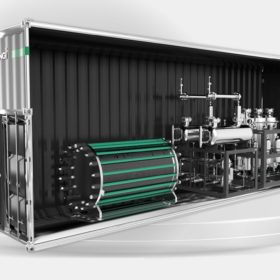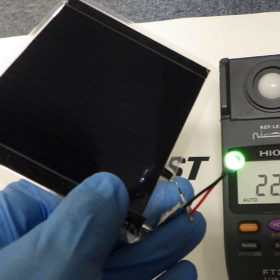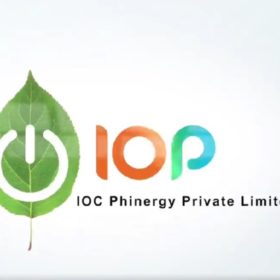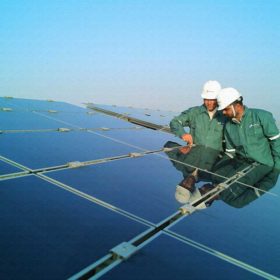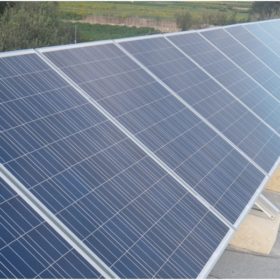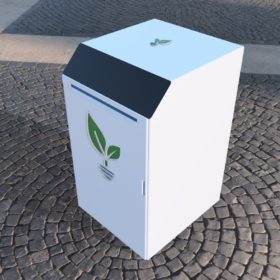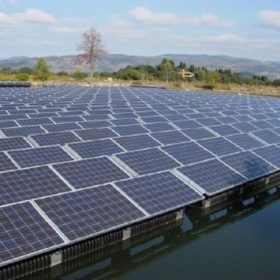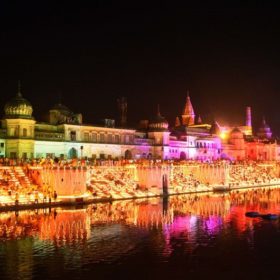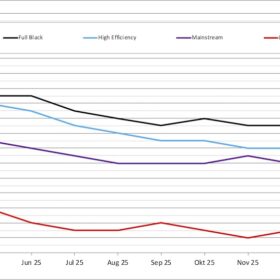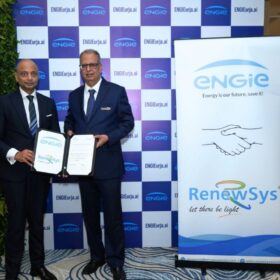Is hydrogen about to have its solar moment?
As Longi and other solar manufacturers kick off massive growth in hydrogen generation capacity, expect large price decreases resulting from steep learning curves, echoing the rapid advances experienced by the solar power industry since the 1970s.
Roadmap to achieve CIGS solar modules with efficiencies above 20%
Japanese scientists have described the steps that need to be taken to improve the average efficiency of CIGS solar modules, from around 18.5% at present to more than 20%. They presented all of the critical technical factors that are currently holding the tech back from broader market adoption.
Edelweiss energy InvIT raises $282 million
Edelweiss’ energy infrastructure investment trust, AnZen, will invest in a diversified portfolio of energy assets including transmission lines and renewable power projects to provide long-term predictable yield and growth to its investors.
Hydrogen, carbon prices and electricity markets
The hydrogen economy, particularly green hydrogen, has a long growth path ahead.
Israel’s Phinergy to present Tata car powered by its aluminum-air battery
The electric car powered by Phinergy aluminum-air battery will be on display in Auto Expo India 2023 at the booth of IOC Phinergy (IOP), a joint venture of Phinergy and State-run fossil fuel giant Indian Oil Corp.
Sembcorp acquires Vector Green
Sembcorp Green Infra has signed the agreement to acquire Mumbai-based renewable power producer Vector Green, which has a cumulative 583 MW of solar and wind portfolio in India.
New algorithm to identify underperforming strings in PV systems
German researchers have created an algorithm to predict and identify string yield losses or underperforming strings without additional weather data. It could be used to inspect modules, strings, arrays, inverters, and transformers.
US battery maker unveils solid-state storage systems for residential applications
Amptricity has emerged from stealth mode with plans to manufacture solid-state batteries for residential and commercial installations.
Assam tenders 100 MW floating solar, 50 MW ground-mount PV projects
Assam Power Distribution Co. Ltd has issued two separate tenders to develop 100 MW of floating solar and 50 MW ground-mount PV projects in the state. The projects are to be developed on a build-own-operate basis.
Uttar Pradesh targets 22 GW of solar in next five years
The state government has announced its Solar Policy 2022, which places a special focus on the setting up of solar parks with storage systems. The policy also provides big incentives for the adotion of rooftop solar systems and the solarization of tubewells for agriculture.
